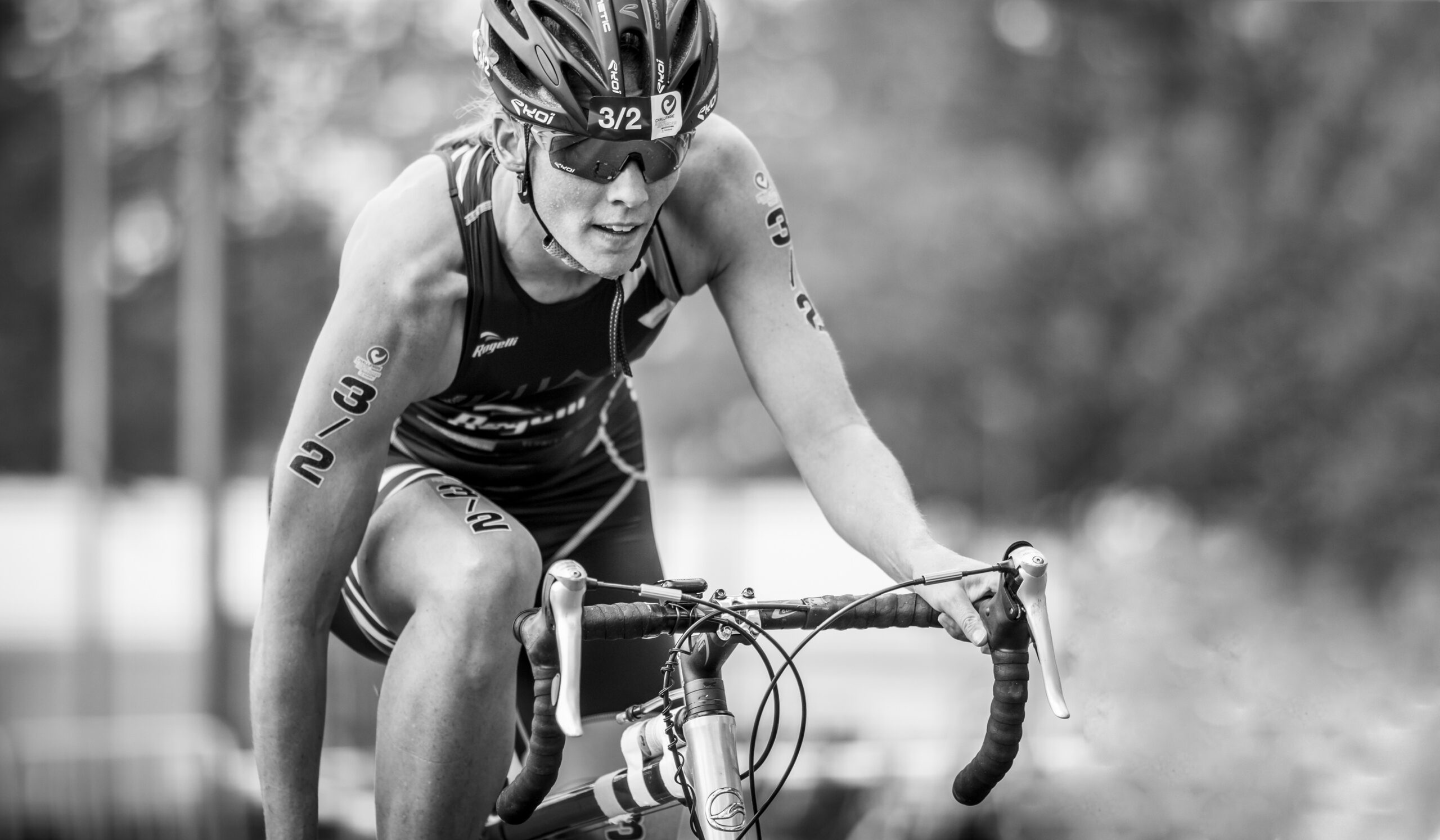As a former top sports pro, researcher Rieneke Terink is well aware of the importance of looking after your health. This month she graduated with a PhD for her study of the effect of exercise and diet on stress and the immune system.
Rieneke took up swimming fairly late, at the age of 13. But it was as a student that she really got going, training for about 25 hours a week alongside her studies. She swam in her first European Championship at the age of 22. ‘The fact that I started relatively late was part of the reason I went on enjoying swimming for so long.’
But you were also drawn to science.
‘That switch happened slowly. I first started as a researcher at the Radboud University Medical Centre. That was part-time because I was still swimming for 25 hours a week. In 2015, I decided to stop swimming at that high level and commit myself to science. I don’t regret that because I think I got as much as I could out of the sport – I might even have been past my peak. I noticed that I wasn’t enjoying it as much anymore and I wanted to use my brain more. With a Master’s in Cell Biology in the bag, I applied for a PhD position at WUR.’
You studied the effects of exertion on the body. Did you find anything surprising?
‘One of the things I looked at was the effect of acute exertion, such as a cycling test. We discovered that blood levels of magnesium go down, but that they recover fast afterwards. That is probably because of a natural variation that is needed to get magnesium to the right parts of the body. That means you don’t necessarily need supplements.
A low-carb diet does nothing for your sporting achievements’
We also looked at what happens when there is repeated exertion. To do that we monitored walkers on a four-day walking event. I was surprised by how fast these people recovered, even though they were not high-level athletes. On the first day, we saw a big spike in inflammation markers, and their iron levels went all over the place. Their bodies were challenged, but adapted fast and on the third and fourth days we didn’t see much going on. People are resilient.’
Why does exercise interest you so much?
‘There are so many different facets to exercise. You can use it for so much more than just losing weight, for instance. It can strengthen your immune system or improve your mood. I am tremendously curious as to how this all works, and also how you can influence it with diet. For example, it’s possible that diet and exercise contribute to how well a vaccine works.’
What’s the role of diet in training for a sport?
‘We looked specifically at the ketogenic or the low-carbohydrate diet, which is popular with athletes and gets recommended by various influencers. The idea is that you eat very little carbohydrate – two slices of bread and an apple is too much even – but plenty of fat. That is supposed to stimulate your fat metabolism and enable you to go on exercising for longer. Only there hasn’t been enough research on that yet. Our conclusion, anyway, was that such a diet does nothing for your sporting achievements. We also saw in our test subjects that their levels of the stress hormone cortisol went through the roof after a couple of days. Now there is still disagreement as to whether that is harmful. But we do know that chronically raised levels of cortisol suppress your immune system. We didn’t measure them for that long, though.’
Did you carry on with sport when you were doing your PhD?
‘After swimming I started doing triathlons. I was used to cycling as training for swimming. Running was new and took some getting used to, I have to say. I do triathlons for fun and I don’t have to train for 25 hours a week anymore. As a PhD student I could easily go for a bike ride in my spare time or go running with my colleagues in the lunch hour. It’s easy to combine that with the work and it’s relaxing.’
Did you learn anything new from your PhD research on nutrition and sport?
‘I talked to numerous nutrition researchers and gained a lot of new insight into the importance of diet. If I had known all that when I was swimming competitively, I could have adjusted my diet to my training programme better. At that time I tended to eat the same things all year round.’
What are you hoping to achieve?
‘I hope that we can make more use of the combination of exercise and nutrition to improve people’s health and help patients make a good recovery. Now it is often either exercise or nutrition. I am now working at the Gelderse Vallei hospital, where I support sports doctors and SportsValley. One of the things I research there is how to prevent ligament injuries using diet and exercise. I’m still doing that in the Eat2Move project, which WUR is involved in too.’

 ‘I do triathlons for fun. As a PhD student I could easily go for a bike ride in my spare time or go running with my colleagues in the lunch hour.’ Photo: Hendrik Walda
‘I do triathlons for fun. As a PhD student I could easily go for a bike ride in my spare time or go running with my colleagues in the lunch hour.’ Photo: Hendrik Walda